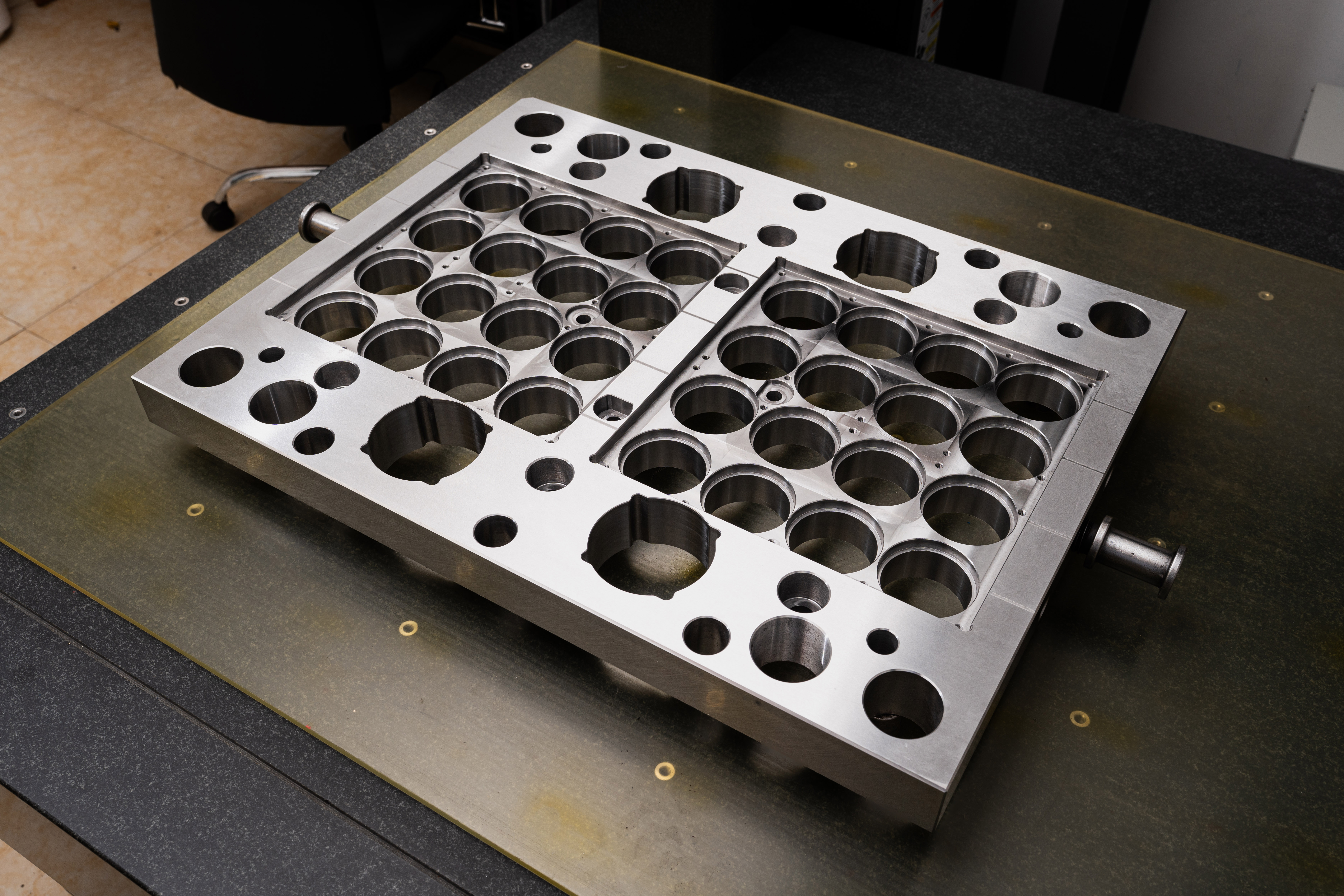The Steel Material Used in Ordinary Model Construction
In the mold base industry, the choice of steel material is of utmost importance as it determines the durability, precision, and reliability of the mold. This article will delve into the different types of steel materials commonly used in ordinary model construction, highlighting their properties and applications.
1. P20 Steel
P20 steel, also known as 1.2311 or PDS-3, is a versatile and widely used steel material in mold making. It offers excellent machinability, high polishability, and good toughness, making it ideal for producing prototypes, low-volume production molds, and modeling accessories. The main alloying elements in P20 steel are chromium, manganese, and molybdenum, which enhance its hardness and wear resistance.
2. 420 Steel
420 steel, also referred to as 1.2083 or SUS420J2, belongs to the martensitic stainless steel family. It possesses superior corrosion resistance, high hardness, and good dimensional stability. Due to these properties, 420 steel is commonly used in the production of injection molds, blow molds, and extrusion dies. Its high carbon content contributes to its excellent wear resistance, making it suitable for applications with abrasive materials.
3. H13 Steel
H13 steel, also known as 1.2344 or SKD61, is a hot work tool steel widely used in the mold base industry. It exhibits excellent heat resistance, high toughness, and good thermal conductivity. H13 steel is particularly suited for high-temperature applications such as die-casting, forging, and extrusion. Its high chromium content provides resistance against heat checking and excellent wear resistance, making it a popular choice for molds subjected to frequent thermal cycling.
4. S136 Steel
S136 steel, also referred to as 1.2083 or SUS420, is a martensitic stainless steel that combines good corrosion resistance with high hardness. It is widely used in the manufacturing of molds for optical and medical components, as well as consumer electronic products. Its high chromium content enhances its corrosion resistance, while its low carbon content contributes to its excellent polishability.
5. NAK80 Steel
NAK80 steel, also known as P21 or 10Ni3MnCuAl, is a pre-hardened plastic mold steel widely used in the mold base industry. It possesses good machinability, high polishability, and excellent dimensional stability. NAK80 steel is often employed in the production of injection molds and high-precision molds. Its unique composition, including nickel, manganese, and chromium, enhances its toughness and wear resistance.
Conclusion
The steel material used in ordinary model construction plays a vital role in determining the quality and performance of molds. P20, 420, H13, S136, and NAK80 steel are commonly utilized due to their specific properties and suitability for different mold applications. The choice of steel material should be made with careful consideration, taking into account factors such as corrosion resistance, hardness, machinability, and thermal conductivity to ensure the production of durable and precise molds.




